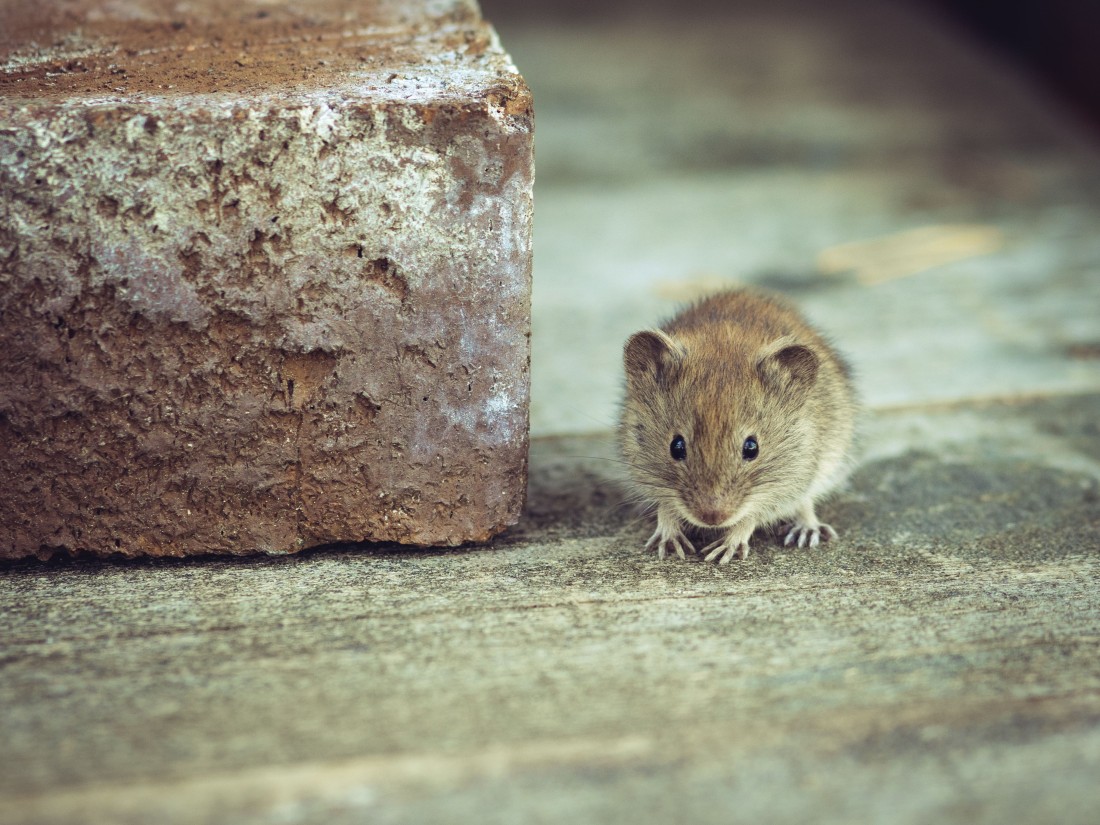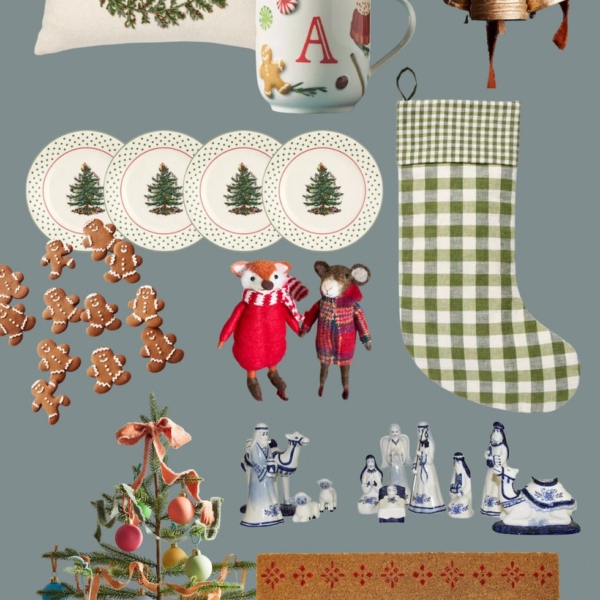Mice–like all rodents–have a keen sense of smell. Food odors attract them to your home. They move in for warmth, safety, and a regular source of food. You can use their sense of smell against them by putting out scents that repel them. Here are some of the best choices.

Repelling Mice Naturally
Spraying poison throughout the home should be your last option to get rid of mice. Many people are repulsed by trapping or poisoning mice–and disposing of the remains. Using scents to keep them out is an attractive option and most scents improve the smell of your house at the same time.
You may have to rotate the types of product you use if the mice find that the scent is not dangerous and start to ignore it.
Getting rid of mice in the attic, basement, crawl space, etc. is the first step. Once your house is mouse-free, seal the gaps and cracks, replace door weatherstripping, and mouse-proof the entire house.
Essential Oils
Essential oils repel mice and add pleasant fragrances to your home. Just mix about 20 drops of your favorite oil in a spray bottle and apply to mouse trails, anywhere you find droppings, around food sources, and to likely entrance points.
A few drops of oil on cotton balls or bits of rags that you can insert into small spaces also work well. The cotton balls and rags last longer than spray and concentrate the odor in likely areas. They also deter ants, spiders, and other insects from entering your house.
Some of the better essential oil options include:
- Mint. Peppermint. Spearmint. Tea Tree Oil. Eucalyptus Oil. A potted peppermint plant at your front door repels mice and insects.
- Lemon. Also lemongrass and lemon myrtle oil.
- Clove.
- Citronella.
For an extra powerful deterrent, mix your choice of essential oil with cayenne pepper. If the mice are not driven off by the smell, licking the hot pepper usually keeps them from coming back.
Vinegar
Vinegar covers the smell of mouse pheromones and the trail they leave. Mix white vinegar and a few drops of dish detergent in a spray bottle and spray it on mouse trails and likely entrance points. Repeat as required.
Only use plain white vinegar. Apple cider vinegar is sweet and attracts mice. The pungent sour aroma filling your home may not make vinegar your favorite choice of mouse repellent.
Cinnamon
The strong smell of cinnamon powder or sticks keep mice away. Use it around cabinets, closets, pantries, and food storage areas. Cinnamon gives your home a pleasant smell while keeping mice away.
Garlic and Onions
Garlic or onion powder sprinkled around likely entry points can keep mice out of the home or drive them out of the house. Do not use fresh or sliced garlic and onions. They do not last as long as powder. The odor of garlic permeating your home may not be to your liking.
Dryer Sheets
The scents in dryer sheets keep mice out. Dryer sheets are long-lasting, easy to position and move where needed, and will not stain like sprays.
Mothballs
Mice hate the smell of naphthalene (the product in mothballs that smells). Most humans don’t like it either so use mothballs in enclosed spaces like attics, basements, trunks, and storage boxes.
Epsom Salt
Epsom salt should be sprinkled on mouse trails and at entry points to deter mice. It is readily available and long-lasting, and mice hate the smell. Do not use it outside. Too much can damage the soil.
Cayenne Pepper and Black Pepper
Both types of pepper contain the active ingredient piperine. Mice hate the smell and taste of piperine and avoid it. Sprinkle dry pepper around food areas and likely entrance spots.
Tea Bags
Used tea bags–especially mint tea bags–placed in the corners should keep the area mouse-free. Replace the bags on a rotating basis as they dry out.


